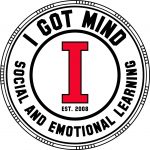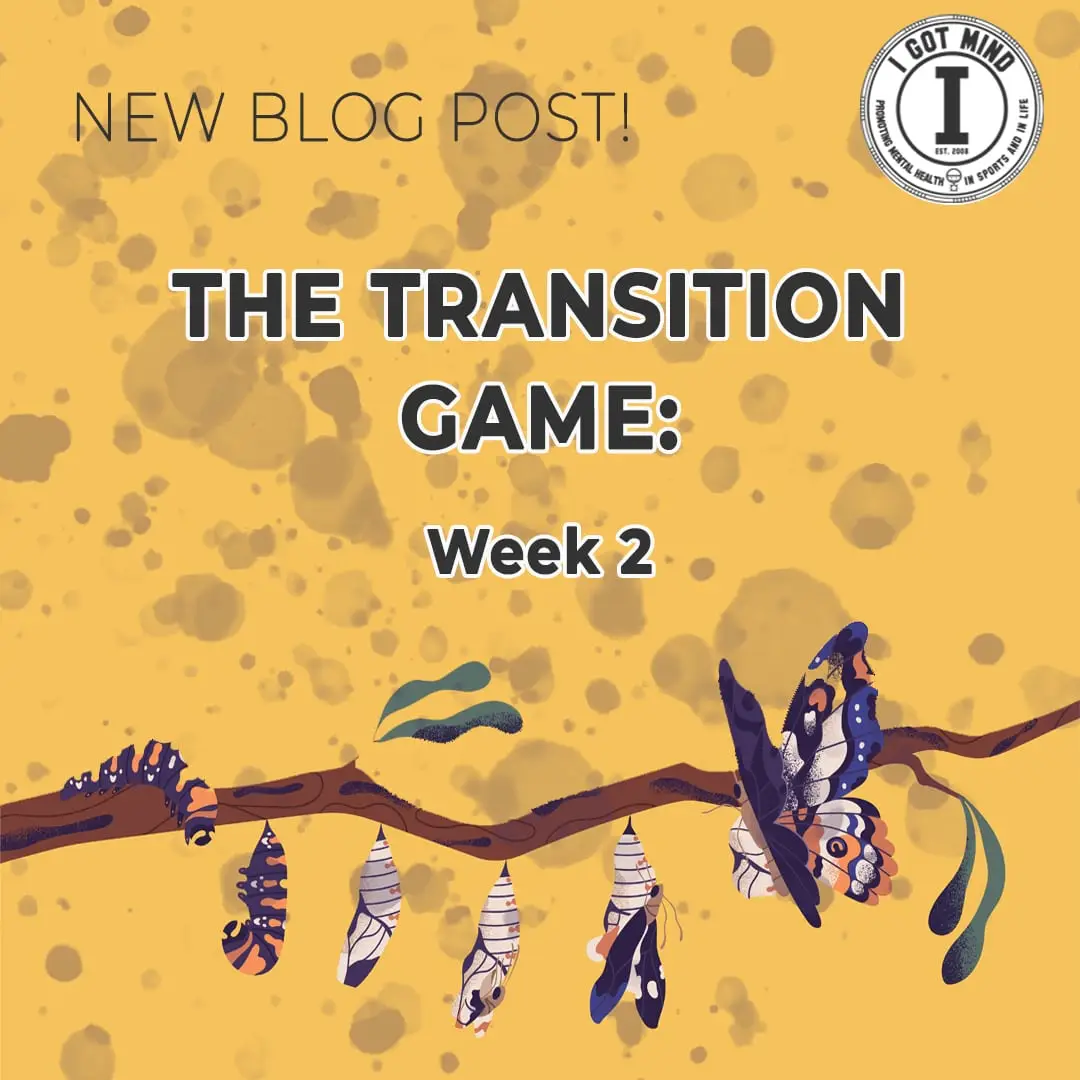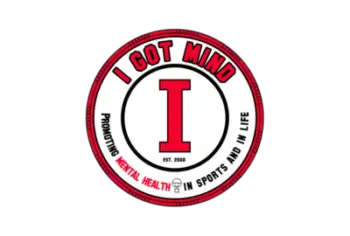Welcome back!
Since last Thursday I have received my PES (Profile Evaluation System) results, had my kickoff meeting with my facilitator, and completed lesson 1 in my workbook. Let’s start with my PES results, this is the most accurate and insightful personality evaluation I have ever done. Some of the results caught me off guard but after reading the explanations and having a discussion with my facilitator things started to make sense. Going through the results with my facilitator was awesome, it helped me see where these things pop up in my life and what they can cause me. We highlighted a few scores that I need to be mindful of which helped me connect the dots to some of my past experiences. I was very nervous before we started but as soon as we started discussing it, I found myself having fun, laughing and telling stories. My facilitator got to know and understand me on a much deeper level while I gained a clearer picture of who I truly am.
The scores that surprised me at first were in dominance and competitiveness. On a 1-9 scale I scored a 9 assertive in dominance (the opposite end of the spectrum is 1 cooperative), and 8 winning oriented competitiveness (the opposite end of the spectrum is 1 team oriented). These threw me off as I always thought of myself as a team-first guy who was very cooperative. After digging into it, I realized that what was going on in my head was this: “Hockey is a team game, I want to win, so we need to play as a team”. I’m not team oriented, I’m winning oriented, but I need the team to achieve the win. Here is where my 9 assertive dominance score kicks in “if you aren’t being a team player, you don’t care about winning, so f*** you why are you even here?” which explains all of the conflicts I had with my teammates. I only see one way to get the win and anyone who isn’t thinking the same way pisses me off. Another example of these scores shining through in my career is my “practice how you play” mentality. I believed this with my entire being, and I was a very physical player. For me, that meant never letting a teammate off the hook in practice because I would never let an opponent off the hook in a game. If I had a chance to throw a hit, I was throwing it, as hard as I could. That was my job, that’s what I needed to do so we could win. More hits in practice, for me, meant more hits in games. Yes, this often made it difficult to make friends but I didn’t care, I wasn’t there to make friends, I was there to win. My friends were typically guys who thought the same way as me, we’d laugh about running each other in practice, we loved the battle and to us, it was just iron sharpening iron. To all my former teammates that hated me or just hated when I ran them in practice, sorry man, I just wanted us to win.
Lesson 1 Defining your Role was interesting and a bit frustrating for me. it exposed some insecurities and honestly really made it clear that I don’t have a solid identity when it comes to my family or work life. I was asked to list my strengths and weaknesses as an athlete, student/employee, and family member. It is further broken down into the categories leadership, mental strength, communication, and habits. I rattled off my answers as an athlete with no problems. As a student/employee, it was a bit of a challenge. As a family member, I was completely stumped and I’m still trying to put some answers down. Makes sense why I feel so lost since I hung up the skates, at least now I know I need to find my identity and focus on defining those roles for myself and it will make a huge difference in how I feel day to day. I’m really looking forward to my next facilitator meeting and finding even more clarity. The workbook helped me to draw some parallels between how I felt in certain roles on certain teams and how I feel in certain roles in my life today which is what clued me in. The moral of the story, define your roles! ALL OF THEM, or you’re going to have a bad time. If someone gives you a role, have a deep and meaningful conversation about it. Maybe you are a little nervous to have that kind of conversation with that specific person, but trust me just do it. What you’ll feel if you don’t is far worse than the anxiousness before the conversation.
Thanks for the support!
Write you next week,
Esty


